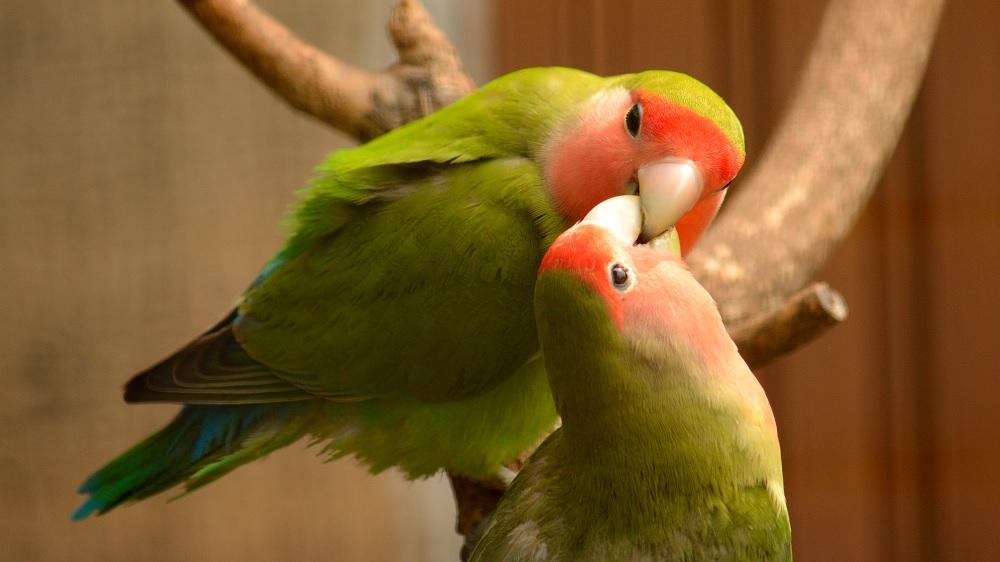At least 70 different diseases can be transmitted from pets to people.
Many of them are acquired by direct contact with infected animals or from animals' excreta.
Others can be acquired simply through air and water that have been contaminated with infected feces.
Companion animals live in close contact with human beings, and this can lead to the spread of diseases from animals to humans.
One-third of all domestic animals are reservoirs for many zoonotic diseases.
The incidence of zoonotic diseases depends on the number of infected animals, the route of transmission, the level of interaction between man and animals and existing preventive and control measures.
Animals kept as pets are usually domesticated and selectively bred for co-existence with human beings, besides their value as pets they also serve utilitarian purposes protecting homes and property, destroying vermin and providing means of transport sometimes.
Among emerging or re-emerging zoonoses (new diseases in animals, such as rabies from dog pet trade or travel abroad), viral diseases can sicken pets and be transmitted to humans. [e.g. The SARS virus].
Bacterial zoonoses are diseases transmitted from animals to humans, such as pasteurellosis or cat scratch disease, which in turn can be severe because of our closeness with our pets.
There are different kinds of diseases that are transmitted from different species of companion animals.
Dogs are particularly susceptible to infections with intestinal worms, such as roundworm. Symptoms of this illness include nausea and vomiting, causing the infected dog to lose a lot of weight. Cats may also be infected with these worms, but they are less likely.
Protection from zoonotic diseases of pets -
- Keep your pets properly housed and clean.
- Acquire / buy / adopt pets from a reliable dealer or person who practices good sanitation
- Practice good hygiene
- Wash hands thoroughly after handling your pets or cleaning them or their cage
- Pregnant women should avoid cleaning of cats and it's faeces and cages to avoid toxoplasmosis. Toxoplasmosis may cause abortion in pregnant women.
- Do not let it lick your face.
- Avoid handling sick animals or animals with lesions unless gloved.
- Avoid urine and fecal build-up. Dry feces result in fecal dust which may be inhaled.
- Keep pets' utensils separate.
- Keep pets' out of people's bed .
- Food hygiene should be carefully done in order to eliminate the rate of zoonotic infection.
- Raw meat and eggs should not be fed to dogs due to higher rate of infection susceptibility.
- Education of children regarding pet handling and hygiene.
- Rabies vaccination should be considered for domestic dogs and the dog owners should also be aware of benefits of rabies vaccination before and after dogs bites.
- The high risk group should be protected by administration of specific immunization.
- Infected pets and areas where they commonly reside should be treated with appropriate insecticides for fleas, ticks, mites and larvae.
- Have a veterinarian check over a new pet or unhealthy pet and provide needed medication or immunization.
- 2946 reads









Add new comment